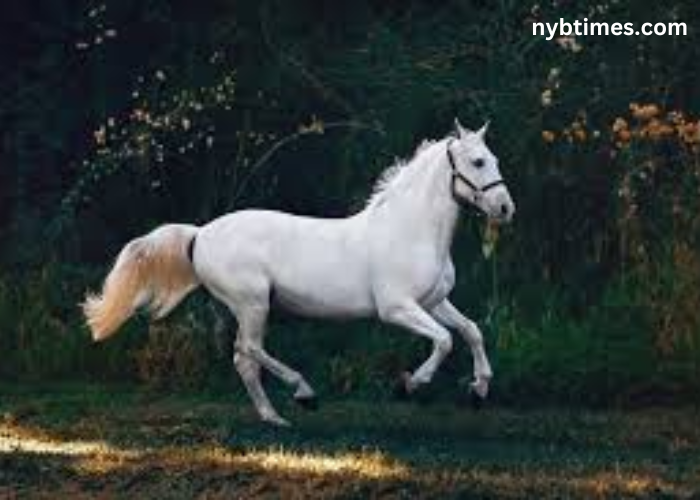Horses have played an indispensable role in shaping human history and culture, their impact evident across various domains such as transportation, agriculture, warfare, sport, and art. These majestic creatures, revered for their strength, beauty, and companionship, have been integral to the development of civilizations around the world. Explore the world of horse racing in France with France Cheval Turf. Get the latest news, tips, and insights to enhance your betting experience.
Early Domestication and Ancient Civilizations
The domestication of horses, estimated to have occurred around 3500 BCE on the steppes of Central Asia, marked a revolutionary shift in human capability. Prior to domestication, horses were hunted for their meat. However, once humans began to harness their power, horses became pivotal to the advancement of societies. They facilitated faster travel, enabled more efficient farming practices, and revolutionized warfare.
In ancient Mesopotamia, horses were essential to chariot warfare, changing the dynamics of battle and empire-building. The mobility provided by horse-drawn chariots allowed empires to expand their territories rapidly and maintain control over vast regions. Similarly, in Egypt, horses were depicted in hieroglyphics and murals, symbolizing wealth and power. The Hyksos’ introduction of the horse-drawn chariot to Egypt around 1700 BCE significantly enhanced Egyptian military prowess.
Horses in Agriculture and Transportation
Horses continued to be central to agricultural societies, particularly in Europe and Asia. Before the advent of the steam engine, horses were the primary source of power for plowing fields, transporting goods, and pulling carriages. The heavy horse breeds, like the Clydesdales and Shire horses, were specifically bred for these labor-intensive tasks. Their strength and endurance allowed for the cultivation of larger areas of land, leading to increased agricultural productivity and population growth.
In transportation, horses bridged distances that would otherwise be insurmountable. The development of horse-drawn carriages, stagecoaches, and the pony express in the 19th century facilitated communication and commerce across continents. The expansion of trade routes and the establishment of postal systems relied heavily on horses, cementing their role in connecting distant communities.
Horses in Warfare
The role of horses in warfare cannot be overstated. From the cavalry units of ancient empires to the knights of medieval Europe, horses were the backbone of military forces. The speed and agility of mounted units provided strategic advantages, allowing for rapid movement on the battlefield and effective flanking maneuvers. Famous military leaders like Alexander the Great and Genghis Khan owed much of their conquests to their formidable cavalry.
The medieval knight, clad in armor and mounted on a warhorse, became a symbol of chivalry and martial prowess. These horses were specially trained for combat, able to withstand the chaos of battle and respond to their rider’s commands with precision. The bond between knight and steed was legendary, often celebrated in literature and art.
Cultural Significance and Modern Equestrianism
Beyond their utilitarian roles, horses have held significant cultural and symbolic meanings. In mythology and folklore, horses often represent freedom, nobility, and power. The winged Pegasus from Greek mythology and the unicorn from European folklore are examples of horses embodying mystical qualities. In many cultures, horses are also associated with status and prestige, as seen in royal parades and ceremonies.
In contemporary times, the role of horses has evolved. While they are no longer essential for transportation or agriculture, horses remain deeply embedded in human culture through equestrian sports, recreational riding, and therapy. Equestrian disciplines like dressage, show jumping, and racing showcase the grace and athleticism of horses. These sports foster a deep connection between horse and rider, emphasizing trust, communication, and mutual respect.
Therapeutic riding programs also highlight the emotional and psychological benefits of human-horse interactions. Equine-assisted therapy is used to help individuals with disabilities, trauma, and mental health issues, leveraging the calming and empathetic nature of horses to facilitate healing and personal growth.
Conclusion
The legacy of horses in human history and culture is profound and enduring. From ancient battlefields to modern-day sports arenas, horses have been steadfast companions, laborers, and symbols of human achievement. Their contributions to the advancement of civilizations and their ongoing presence in cultural practices underscore the timeless bond between humans and these majestic steeds. As we continue to honor and care for horses, we celebrate their invaluable role in our shared heritage and look forward to the many ways they will continue to enrich our lives.








Leave a Comment